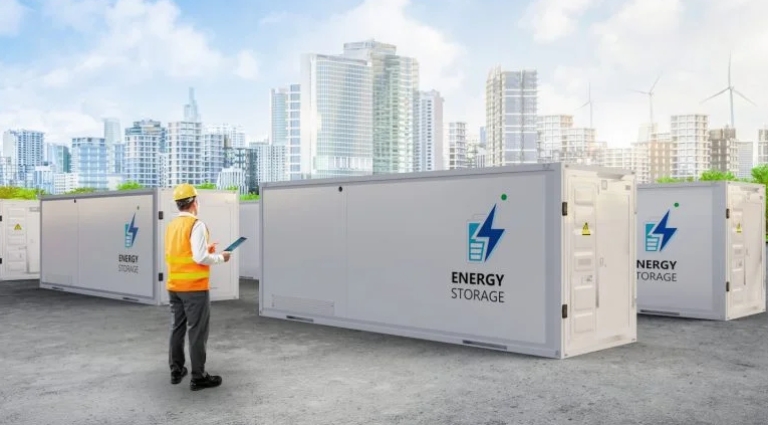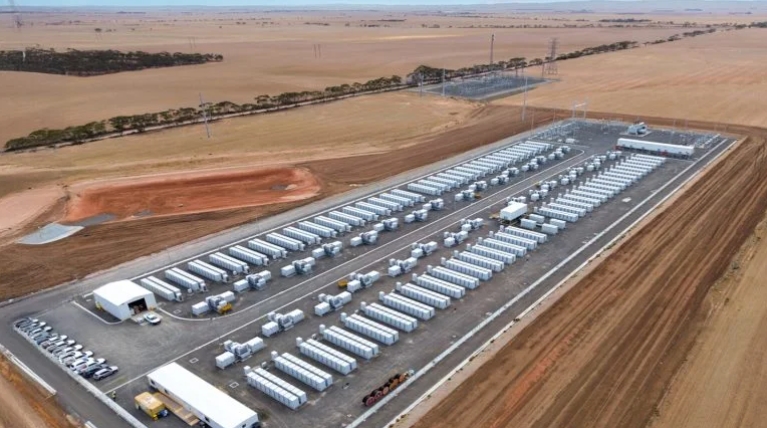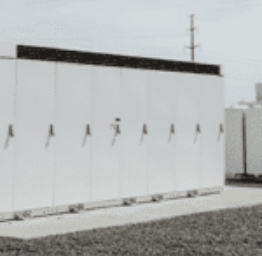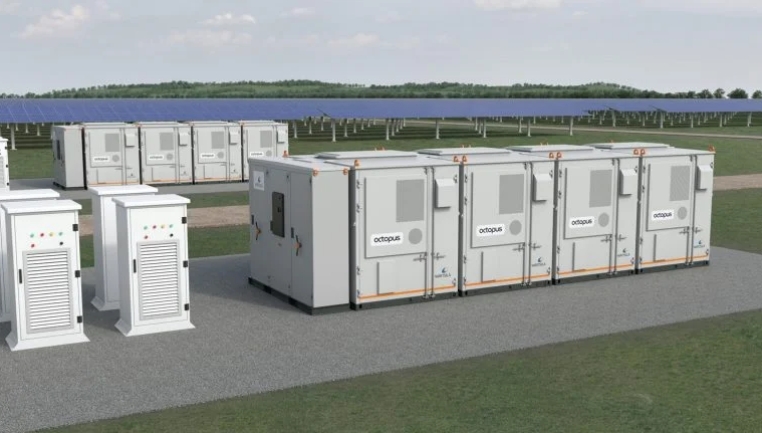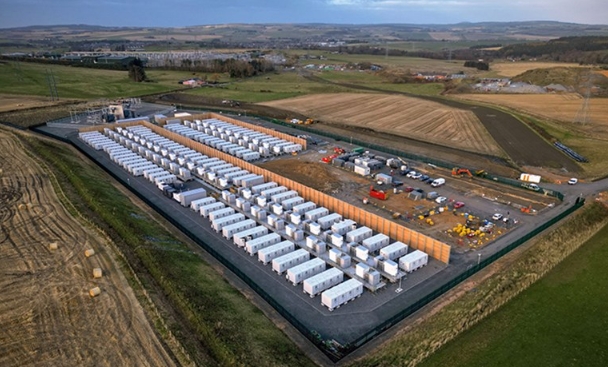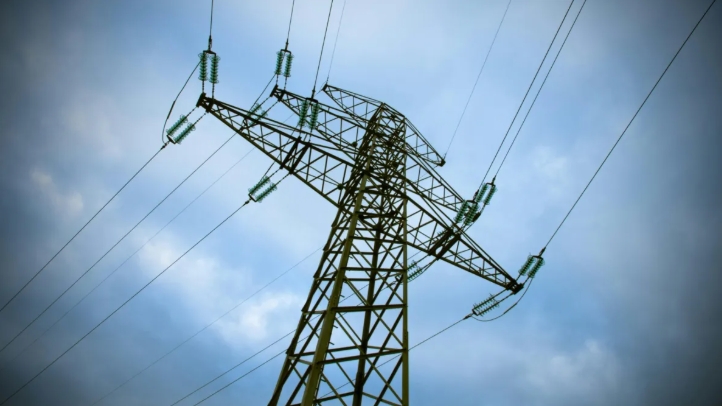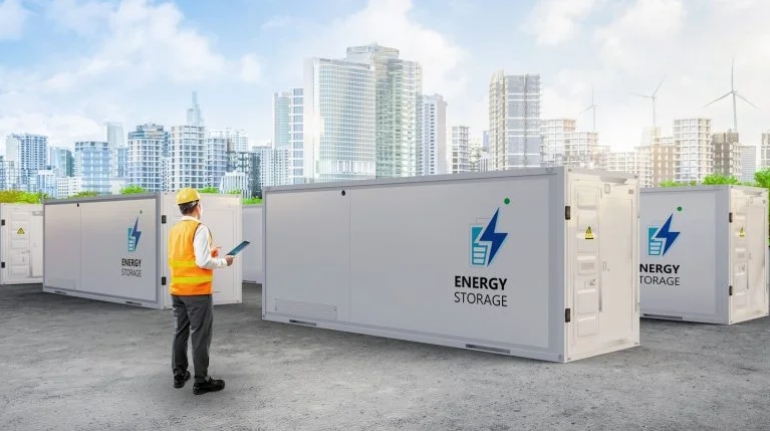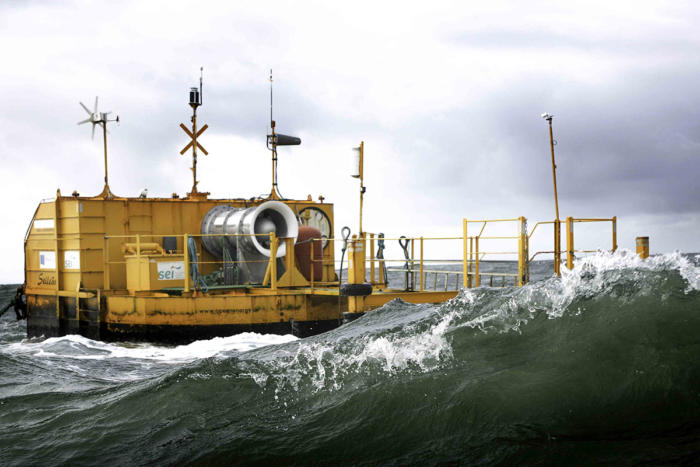
Ocean Energy approached STRUCTeam for support with a Horizon European Framework Programme, an EU funding initiative. The overarching objective of the proposal is to secure a sustainable and competitive energy supply through renewable applications.
The proposition centres around the development of an Oscillating Water Column (OWC), named the ‘OE12 Buoy’. The wave energy convertor is designed to glide on the ocean surface and extract power from the motion of the water, this power is then converted into electricity.
As the project has evolved, the desire to achieve weight savings in the steel structure’s design has become a key objective. Technical partners, 3A Composites Core Materials and Sicomin, have been invited by STRUCTeam to collaborate with the supply of recycled core materials and bio-based epoxy resins to facilitate the light weighting process.
The goal
The current OE 12 Buoy prototype is manufactured from steel and does not incorporate any composite materials. The device weighs 28 t and measures 12 m x 6 m. STRUCTeam estimates a 30 - 50% reduction in weight could be possible through careful engineering and materials selection.
The benefits around weight reduction are clear and convincing. A lighter structure allows for simplified transportation and installation, and in turn, lower levelised cost of energy (LCOE). Environmental benefits of composites are also motivating factors such as the potential reduction in CO2 emissions, improved materials circularity, and durability.
Sustainability partners
Each of the technical partners place a strong emphasis on the circularity of materials in the projects they undertake. Julien Sellier, Managing Director of STRUCTeam highlights, “After being contacted by Ocean Energy, our choice to bring these companies together was very deliberate. We each recognise our responsibility to improve the world around us and the urgent need to adopt sustainable practices were possible. STRUCTeam, 3A Composites Core Materials and Sicomin all possess extensive knowledge in the development and adoption of lightweight materials for large structures that transfers perfectly to this project.”
Each partner has proposed technologies and design solutions to successfully replace traditional material choices in the buoy structure. Julien continues, “Composites are still considered novel technologies by many end users. A number of our customers have little or no experience designing, selecting, and handling these materials in real life applications. They can easily get lost in the complexities.”
“At STRUCTeam, we have years of experience specifying composites for the most demanding wind and marine environments. Applying our knowledge to this progressive area of renewable energy generation, whilst collaborating with our valued technical partners to offer a complete package of services, is a fitting example of what we do best. Ocean Energy’s OE12 wave device is a perfectly suited structure to benefit from this blend of skills and experience to successfully implement composites.”
Circular materials in action
Epoxy formulators, Sicomin, have developed a range of environmentally enhanced green epoxy systems derived from natural origins. The Greenpoxy® range incorporates ‘InfuGreen 810’, a two-component product, specially formulated for resin transfer processes such as injection and infusion.
“For over a decade we have been exploring the untapped potential of bio resins in all manner of structures, including subsea and tidal applications. Our Greenpoxy range offers as little environmental impact as possible and supports greener production methods,” remarks Marc Denjean, Export Manager at Sicomin. “This latest partnership supporting Ocean Energy is perfectly aligned with our sustainability goals to produce eco-friendly products that do not compromise on performance or strength.”
3A Composites Core Materials, part of the 3A Composites Group, has developed AIREX® T92 and proposed it is used throughout the composite buoy. A closed-cell, thermoplastic and recyclable polymer foam with exceptionally good mechanical properties. It has an extraordinary resistance to fatigue, is chemically stable, UV resistant and has negligible water absorption making it ideal for marine applications. The core material is suitable for a wide variety of lightweight sandwich structures that are subject to static and dynamic loads.
Eric Gauthier, CEO at 3A Composites Core Materials, comments “Promoting material circularity is at the heart of everything we do. The OE12 Buoy project is the perfect synergy, combining our partners products and services to contribute towards a greener and more sustainable future.”
Future activity
All parties anticipate a successful funding bid and look forward to developing the preliminary specifications of the composite structure. STRUCTeam will then initiate a pre-study analysis, conduct a first assessment, and finalise design requirements.
“Our wave devices have virtually no environmental impact so to extend their sustainability credentials in manufacture, installation and service is a crucial factor. STRUCTeam and their partners 3A Composites Core Materials and Sicomin have guided us through the initial design phase and made valuable recommendations,” concludes Sean Barrett, Senior Project Engineer at Ocean Energy.

